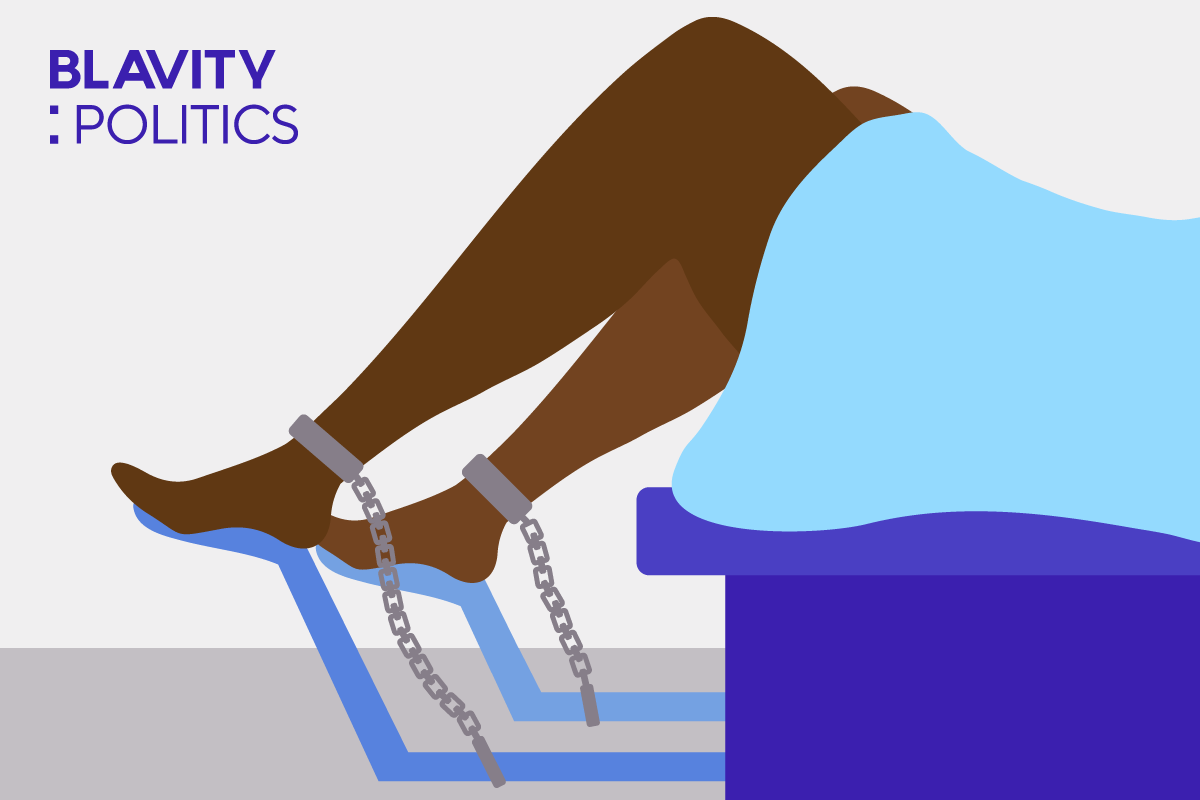Since 1973, when Roe v Wade was enacted as law, many legislators and pro-life activists have tried their hardest to overturn it.
Roe v. Wade, approved by the Supreme Court, allows abortion for up to 24 weeks into their pregnancy. With a Republican-led House, abortion bans increased within the past decade. This year has seen the most abortion restrictions and it really just began.
With the Supreme Court unlikely to hear any cases for overturning Roe v Wade, more states are introducing laws to limit people from getting an abortion. Also, Brett Kavanaugh's appointment to the Supreme Court has inspired anti-abortion legislators to enact laws that limit access to abortion services and that criminalize providers and patients.
Some states, such as Kentucky and Iowa, have attempted to sign bills that ban abortions but have been blocked by federal judges or have been deemed unconstitutional.
Here are the states that have succeeded in passing abortion bans this year, and are facing major backlash for its restrictions:
Missouri
The state passed a bill on Thursday, banning abortion for people up to 8 weeks of pregnancy. The bill also includes no exceptions to cases of rape and incest but has allowed abortions in the case of medical emergency. The legislation has to go through one more vote from the House before placing on the governor's desk. Governor Mike Parson has already declared that he "stands with the unborn."
Alabama
Abortion is a hot topic to discuss, even on the Senate floor. Legislators had to postpone the vote for this bill after fiery debates ensued. The viral video shows the tension after the motion was gaveled without going through a proper roll call vote. The Senate President ensures outraged legislators proper procedure was followed. The motion was set after some Republican legislators in the Senate removed the rape and incest exceptions in the abortion ban. The state’s bill, which is set to resume its vote on Tuesday, will put a ban on all abortions at any stage of pregnancy and become the strictest abortion ban yet.
Texas
This state’s current law bans abortion up to 20 weeks, but legislators introduced a bill — The Abolition of Abortion In Texas Act — that would ban abortions once a fetal heartbeat is detected. The law includes a clause that would put any pregnant person up for the death penalty if they had an abortion. It would remove the exception within the state penal code that removes abortion in the scope of murder. This act, however, missed the deadline for House approval and has now been out of the circuit.
Ohio
SB 23, also known as the Human Rights Protection Act, was passed last month, using fetal heartbeats at six weeks of pregnancy to ban abortion. Six weeks is often around the time people start to feel symptoms of their pregnancy. This means abortion care providers who perform an abortion after detecting such heartbeat from a fetus will be hit with a felony charge and can face time in prison. It also has no exceptions to cases of rape or incest. This law also bans most private insurance coverage for abortions and some forms of birth control.
The controversy began after the state’s abortion bill stated treatment for ectopic pregnancies, removing the fetus and reinserting it in the uterus, as not an abortion. Abortion activists are stating this treatment is not even possible, making it obvious legislators have no right to govern a pregnant body. This clause means patients would have to wait until they are at high risk of death to get an abortion if there is an ectopic pregnancy.
Georgia
Newly elected state governor Brian Kemp, who beat out Stacey Abrams, has signed and passed an abortion ban for anyone who is pregnant up to six weeks. This law, HB481, specifically includes the definition of personhood — which recognizes fetuses as “natural persons” who must be provided with full legal protection. This means any aborted fetus is considered a murder victim. All those involved in assisting in abortion services, including providers and grantees, will now be criminalized and could be sentenced to prison. Miscarriages and abortions received in other states will also be considered as murder under this law.
Florida
The fetal heartbeat abortion bill was knocked down as well. Legislators also introduced a bill that would require minors to obtain parental consent if seeking an abortion. This bill would have been unconstitutional under Roe v Wade. The current state law requires parents to be notified if a minor is seeking an abortion — which already puts them at risk if the minor comes from an abusive or neglectful household. Minors who don’t want their parents’ involvement would have to convince a judge they are mature enough to handle abortion on their own. However, this bill also failed in the Senate.
Abortion advocates and activists are fighting hard to put these bans to rest. If the Supreme Court decides to hear challenges on Roe v Wade due to the states’ legislation, there is no telling which way they will swing — especially since they need at least five Justices to swing one way.
In the meantime, abortion bans are already causing harm to pregnant people and scaring those who seek abortion services.
